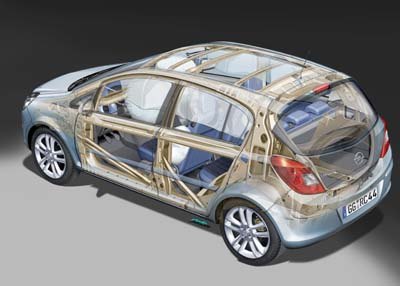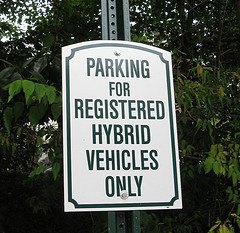#UNECE
40 Countries Agree - Automatic Braking Should Be Mandatory
Forty countries, led by Japan and the European Union, have agreed to require passenger cars and light commercial vehicles to come equipped with automated braking systems starting as soon as 2020.
According to the United Nations Economic Commission for Europe (UNECE), the new regulation will become compulsory for all countries that adopt it during an upcoming June session. However, the measure will only apply to vehicles operating at “low speeds,” which the U.N. claims is anything under 42 mph.
Daimler Boss Calls For Safety Standard Harmonization
Daimler head Dieter Zetsche called on regulators on both sides of the Atlantic to approve a US-EU free trade agreement, and along with it, called for a harmonization of vehicle safety standards.
Japan's JAMA Will Cooperate On International Car Standard
Japan’s Automobile Manufacturers Association said “hai, wakatta” (yes, we understand) to their government, and promised to “actively support the creation of an international mutual-recognition framework for passenger cars,” reports The Nikkei [sub].
Turns out, the Japanese government is behind the idea to agree on an International Whole Car Type Approval. The idea had been floated in Geneva, and received widespread agreement. No wonder: The Europeans are intimately familiar with the concept, due to their European Community Whole Vehicle Type Approval (ECWVTA). And the Americans aren’t part of the party. They are doing their own FMVSS thing.
Japan To Set World Standard For Hybrids And EVs
The United Nations UNECE World Forum for Harmonization of Vehicle Regulations is likely to adopt many Japanese safety rules for hybrid and electric vehicles as a global standard, says the Nikkei [sub].
Currently, there are no ECE safety standards for hybrid and electric vehicles. Japan has pushed its domestic safety rules to be adopted as international standards. Chances for adoption are good, Japanese companies and rulemakers are the pioneers in the field. Europe, which usually dominates ECE rule making, is lagging behind in the development of hybrid and electric vehicles, and doesn’t have much to lose if the Japanese standards are accepted.



















Recent Comments